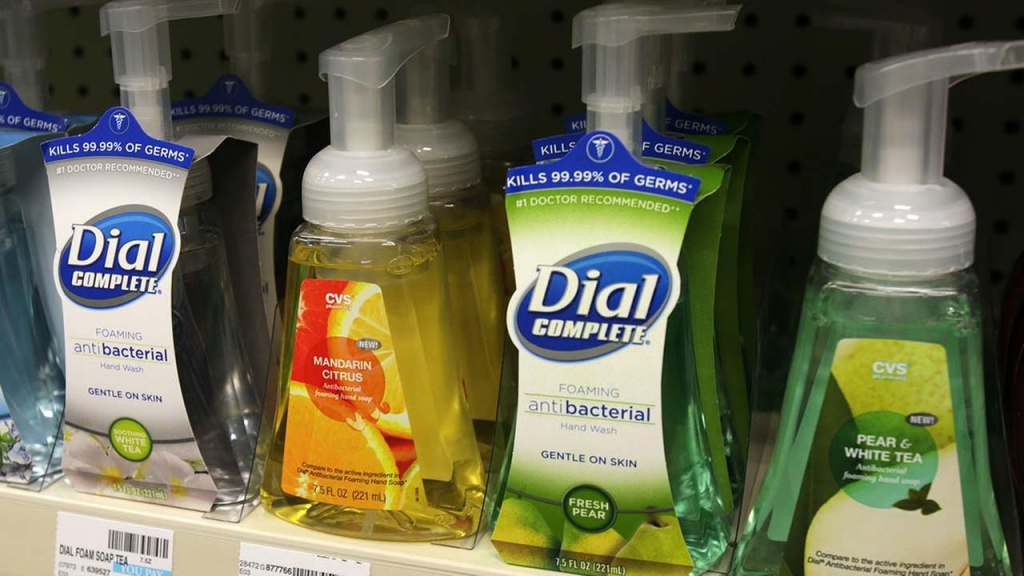-
Tips for becoming a good boxer - November 6, 2020
-
7 expert tips for making your hens night a memorable one - November 6, 2020
-
5 reasons to host your Christmas party on a cruise boat - November 6, 2020
-
What to do when you’re charged with a crime - November 6, 2020
-
Should you get one or multiple dogs? Here’s all you need to know - November 3, 2020
-
A Guide: How to Build Your Very Own Magic Mirror - February 14, 2019
-
Our Top Inspirational Baseball Stars - November 24, 2018
-
Five Tech Tools That Will Help You Turn Your Blog into a Business - November 24, 2018
-
How to Indulge on Vacation without Expanding Your Waist - November 9, 2018
-
5 Strategies for Businesses to Appeal to Today’s Increasingly Mobile-Crazed Customers - November 9, 2018
FDA Washes the Dirt from Antibacterial Soaps
Some manufacturers, like Johnson and Johnson, have already started removing these ingredients from their products and, in May 2014, Minnesota became the first state in the USA to ban the germ-killer triclosan from antibacterial soaps, toothpastes, body washes and other cosmetics. There’s growing concern that overuse of triclosan, the biocide in hand soap, leads to the emergence of drug-resistant bacteria, disrupts hormones in the body and may contribute to certain types of cancer.
Advertisement
The FDA said its decision was based on the fact that manufacturers had not proven if the chemicals used in antibacterial soaps were safe for repeated, daily use. It also doesn’t limit the use of these ingredients in healthcare settings.
The ruling cuts out 19 specific active ingredients, including the most commonly used ingredients – triclosan and triclocarban.
In terms of effectiveness, the manufacturers had to prove to the FDA that antibacterial soaps worked better than plain soap and water at preventing the spread of germs or reducing infections.
You may soon say “goodbye” to “antibacterial” soaps. It took 40 years from the time Congress asked the FDA to evaluate triclosan and dozens of other antiseptic ingredients for Friday’s ban to happen.
“Consumers may think antibacterial washes are more effective at preventing the spread of germs”, Woodcock said. Although it remains unclear if these effects can translate to humans, these are harm that health regulators have to consider.
“Antibacterial soaps are critical to public health because of the importance hand hygiene plays in the prevention of infection”.
The American Cleaning Institute defended the safety and efficacy of antibacterial soaps, saying manufacturers will keep working to provide more data on antibacterial ingredients. This rule does not affect hand sanitizers used at home or in health care facilities. Triclosan is most often included in liquid soap, while triclocarban is found in bar soaps, Michele said.
Advertisement
The group’s spokesman said companies are planning to submit data on three chemicals now used by industry: benzalkonium chloride, benzethonium chloride and chloroxylenol.




























